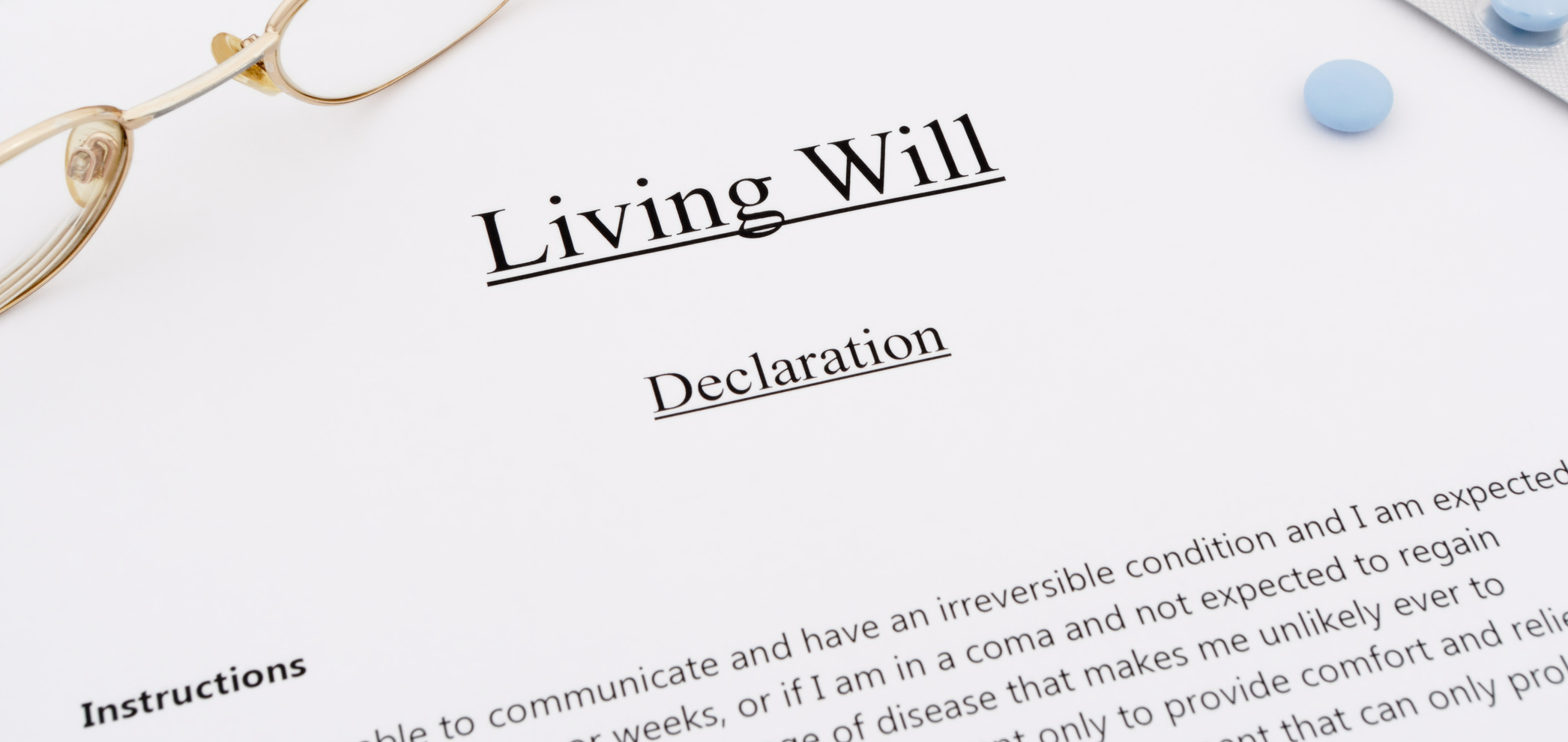<< Back
National Healthcare Decisions Day Is April 16: The Importance of Advance Care Planning

March 30, 2022
National Healthcare Decisions Day (NHDD) was founded in 2008 to encourage advance care planning discussions among patients, families and medical providers. The discussions help you consider your healthcare wishes, healthcare goals and the possibility of getting sick. They also help when you’re unable to talk comfortably with your family about your goals and wishes.
The date, April 16, was chosen intentionally next to tax day — you know the saying, “Nothing is certain except death and taxes’ — to make discussions about healthcare, goals and even dying just as certain.
Ross Albert, Hospice and Palliative Care Medical Director for Hartford HealthCare at Home and Assistant Professor in the Department of Medicine at the UConn School of Medicine, answers questions about advance care planning:
What Is Advance Care Planning?
Advance care planning is not just thinking about old age. At any age, a medical crisis could leave you too ill to make your own healthcare decisions. Even if you are not sick now, planning for healthcare is an important step toward making sure you get the medical care you would want if doctors and family members are making the decisions for you.
Why Is Advance Care Planning Important?
It’s important you have these discussions with your family and those closest to you. People worry that it can be hard talking about getting sick or dying, but these conversations make sure your family knows what to do if they ever need to make medical decisions for you.
“I have seen families in such distress in times of emergencies when they’re being asked, ‘What would your mom or dad want in this situation and the families tell us they’ve never talked about those moments before,’” says Albert.
Have a good understanding of your health and what your doctor anticipates the coming years might look like based on your medical issues and history.
How Do I Get Started?
Tools are available for families to help have these conversations. A website, theconversationproject.org, helps walk you through the discussions.
Many organizations and faith-based groups offer a packet called Five Wishes, where you can go through it and fill it out together. These are meant to help families understand what types of care you may or may not want if you become sicker, or if there was a sudden change in health.
“There is also a card game called ‘Go Wish’ that you can order online for around 20 dollars,” says Albert. “I like these because they encourage conversations to happen outside of the doctor’s office, between family and the people most important to us.”
How Do I Make My Wishes Known?
It is important to document your wishes after you talk about them. You can do this by filling out an advance directive, a legal document that goes into effect only if you’re incapacitated and unable to speak for yourself. You can get this document online through the State of Connecticut or from your doctor.
An advance directive has two parts — a healthcare representative form and a living will. The healthcare representative form allows you to designate a specific person who would speak for you if you are unable to speak for yourself. A living will allows you to document specific wishes, around choices involving CPR, intensive care, dialysis and other advanced therapies.
“You can fill out just one part of the form – the healthcare representative is the most important thing to have in place, so you know that the person you want to speak for you is legally able to do that,” says Albert.
The form doesn’t need to be notarized or completed by a lawyer. Make sure your doctor and family have a copy.
“The form can be updated and changed at any time,” says Albert, “which makes sense, since our lives change and our health changes over the years, and that might affect these choices.”
For more information about Advance Directives, click here.